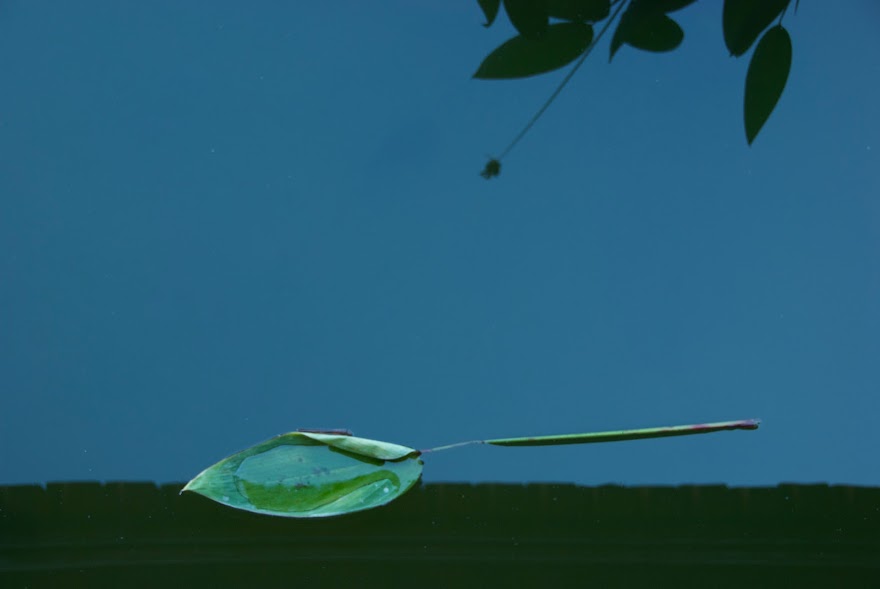A year ago I read THE SECRET RIVER, part of a trilogy of novels about Australia’s colonial past. Mostly set on the Hawkesbury River, just north of Sydney, which I know well as a favorite destination during the various years I’ve had a boat in Sydney—even today you sail north outside The Heads about a dozen miles, west up the river a couple of miles and are in coves unmarked by man. I enjoyed the book very much and thought I wrote about it, but can’t find the entry.
I learned that while written first, THE SECRET RIVER has become the second novel of the trilogy, and I just finished THE LIEUTENANT, which goes back thirty years to the arrival of what is known as The First Fleet.
As a child, Daniel Rooke, the title character, comes to realize that he has rare mathematical ability, which he mostly keeps to himself to avoid ridicule by the less gifted. However, he attracts the attention of some, including the Astronomer Royal.
He attends the Royal Naval College, but then because they are less costly to purchase takes a commission in the Marines rather than the Navy.
Injured in a sea battle during the Revolutionary War, after his recovery he is asked to join the fleet transporting prisoners out to the land ‘discovered’ by Captain Cook and make observations of an expected comet.
While Kate Grenville is a fine writer, she does not know the sea.
She provides an interesting description of the daily ritual of winding the chronometer during passage that I assume is historically accurate, but then erroneously states the chronometer’s purpose.
She also writes of “the bland wind at sea.”
While it is true that wind off and near land has more varied scents, I can’t imagine that any sailor finds sea wind bland. To the contrary. I long for a whiff of it as I did during my inland college years.
Arrived in the Antipodes, Rooke sets up a modest observatory not far from what is now the south end of the Sydney Harbor Bridge, where he, isolated from the main encampment, mets the native peoples on a personal level and develops a friendly relationship with some, including a young girl from whom he begins to learn their language.
Expected supply ships do not arrive; the soldiers, sailors and prisoners almost stave; and predictable violence breaks out.
All this is very well told, but the most interesting thing in the book is found in the Author’s Note at the end. I am not going to reveal what that is and spoil this enjoyable novel for you.
Upon completing it, I immediately bought the last book in the trilogy, SARAH THORNHILL.
———
This morning I learned that there is a beaver in England. That is news because my ancestors—and maybe yours—killed off the last resident beaver 800 years ago.
The story from SCIENTIFIC AMERICAN is here.
Why dither? Find out whether it is male or female and release a mate. Or a bunch of both sexes.
Go beaver.
———
Today, gratefully, is the last day of the third snowiest month in Chicago since records started being kept in 1884. 33.5”/.85 meter has fallen so far, a number that will be increased before midnight.
The two snowier months were also Januarys, in 1918 and 1979.
Snow due to begin later today will continue into tomorrow. Worse from a purely selfish perspective is another storm due Tuesday that may persist into Wednesday, the day I am scheduled to fly away. Cancelled flights are routine in Chicago this winter.
Sigh.
———
I received an offer to buy advertising space on this site. I’m flattered, but I declined. Unlike Ty Warner I know when I have enough. inthepresetsea.com will remain ad free.



.jpg)
